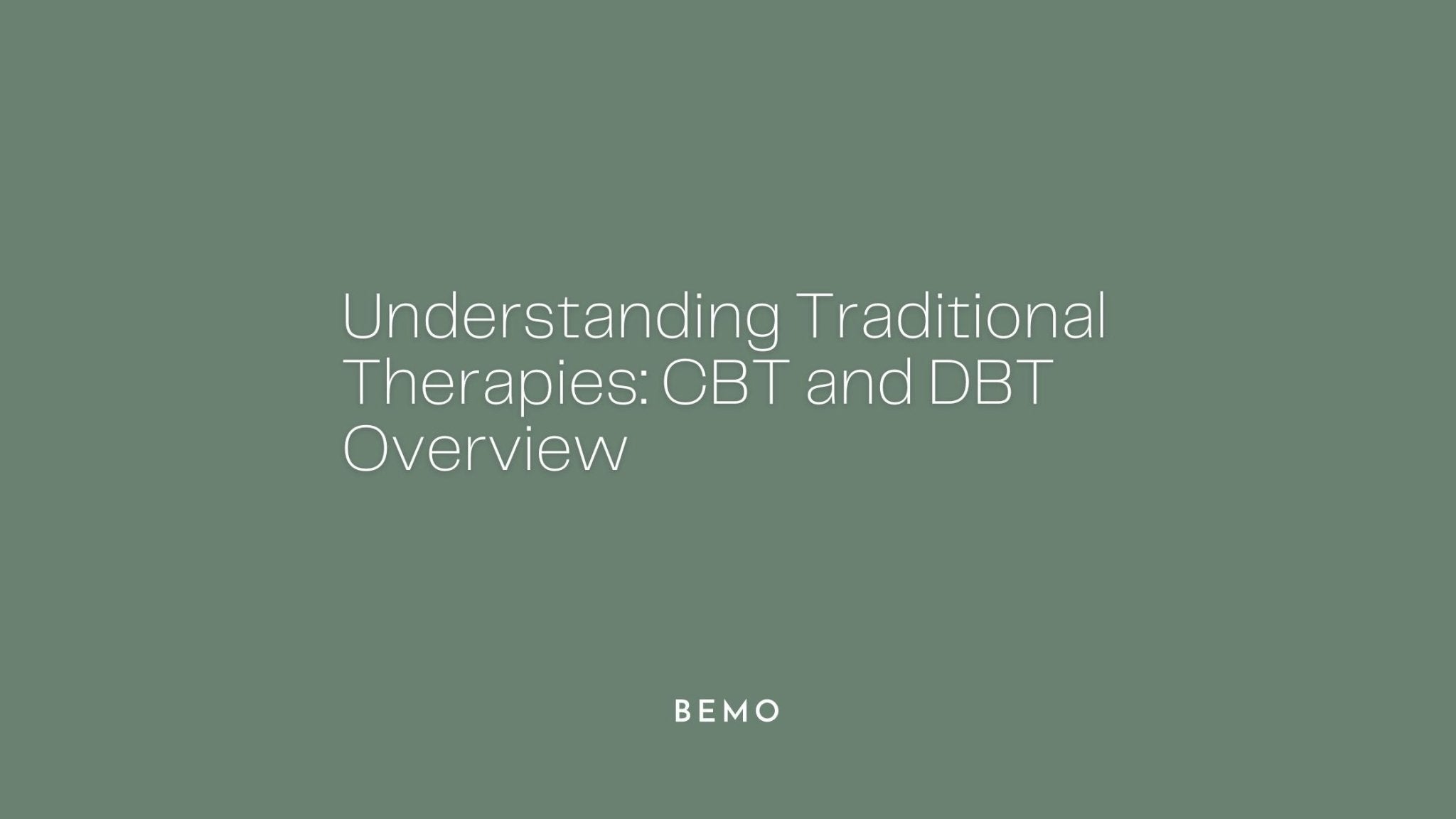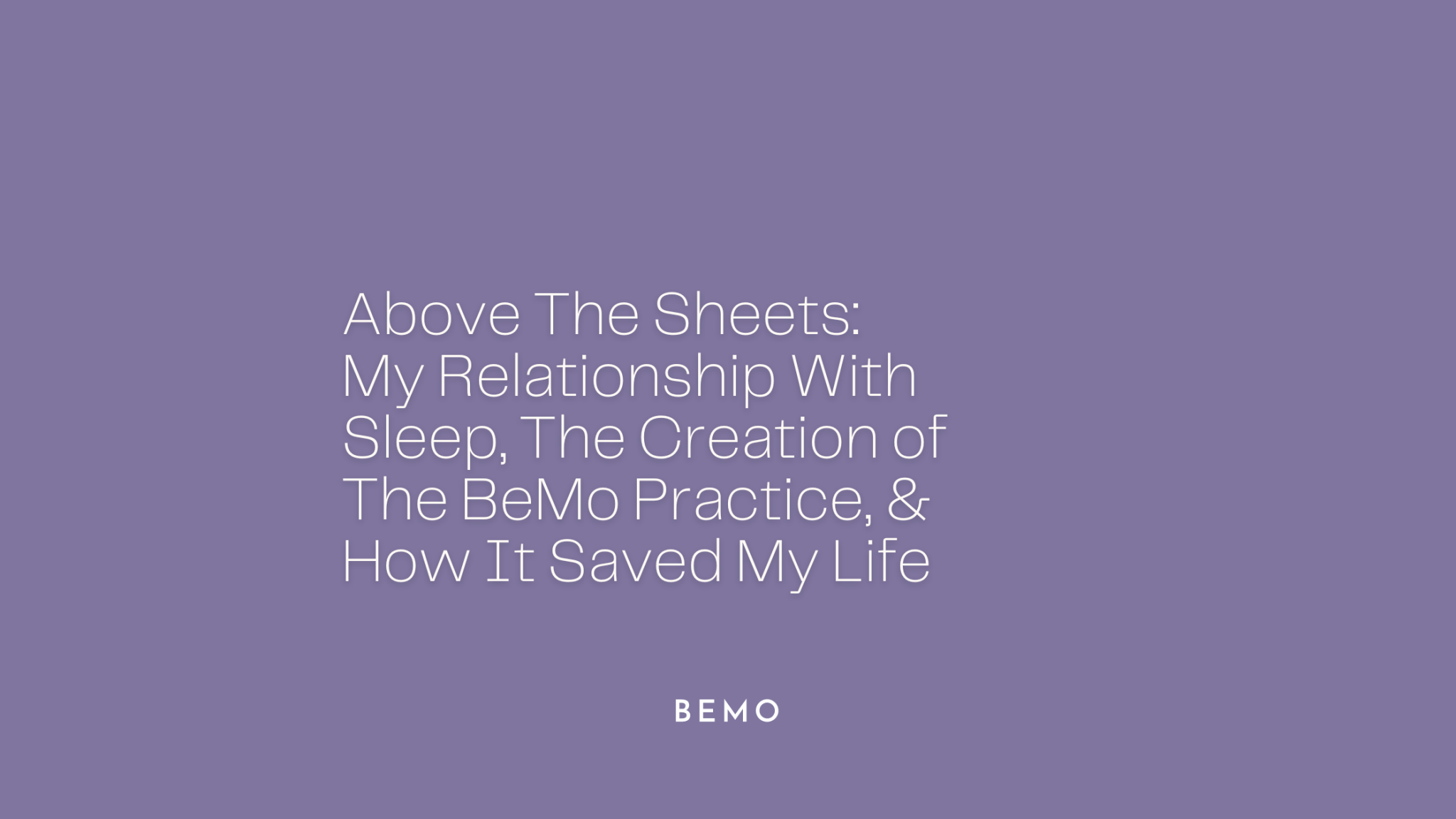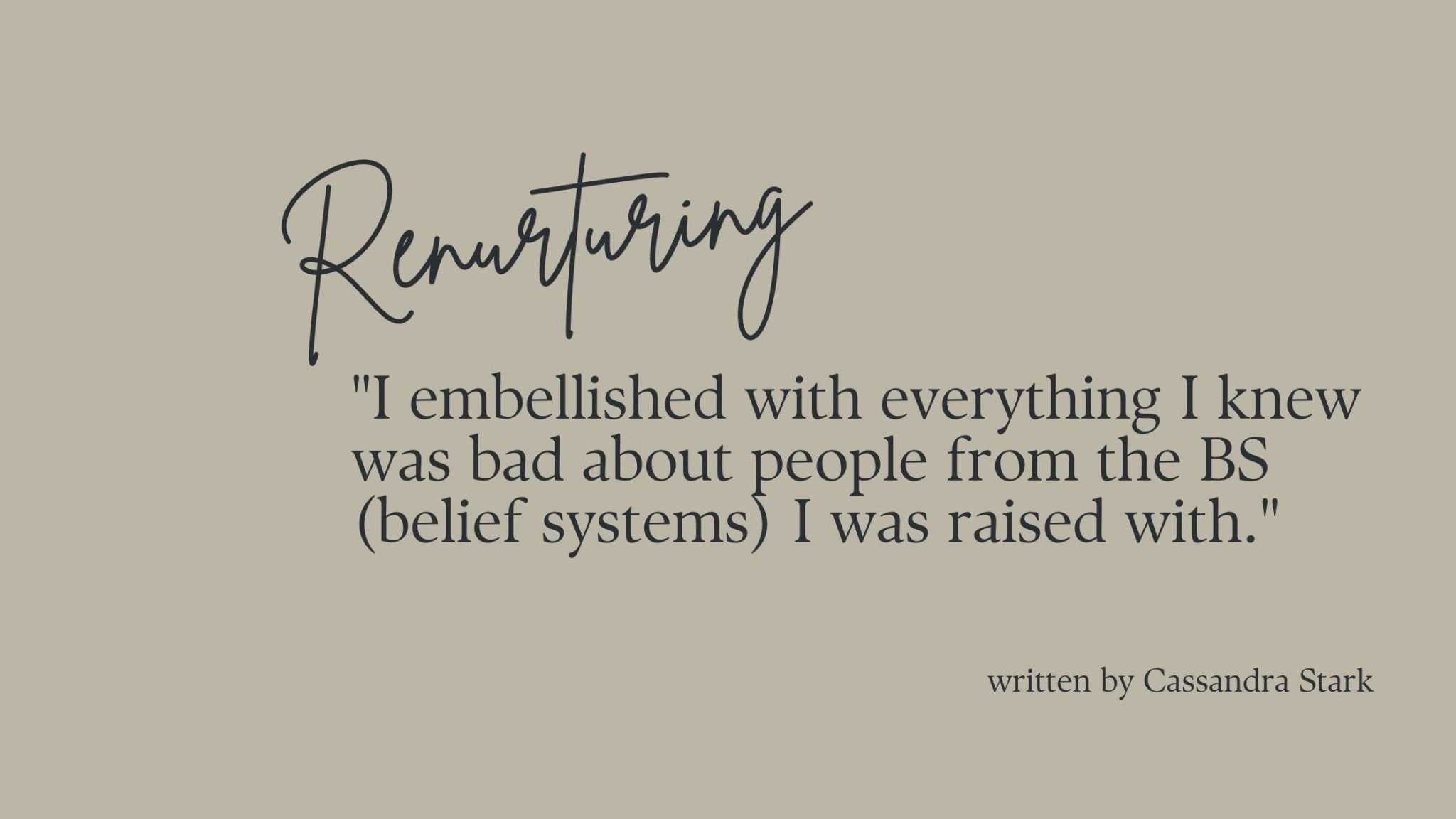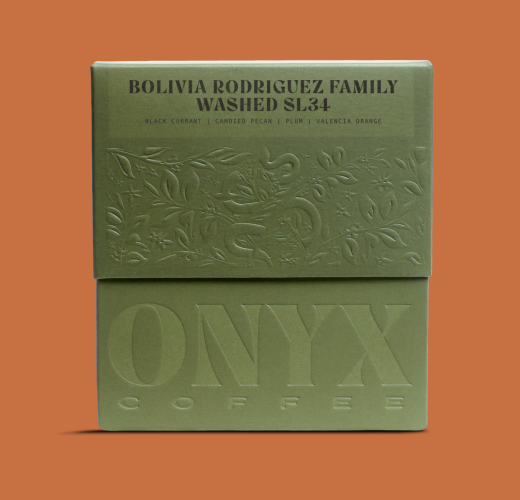Before we delve into the unique aspects of The BeMo Practice, it’s important to understand the foundational therapies that have shaped mental health treatment for decades. Cognitive Behavioral Therapy (CBT) and Dialectical Behavior Therapy (DBT) are two widely recognized methods that have proven effective in addressing a range of psychological issues. Let's take a closer look at these traditional therapies to appreciate their benefits and limitations.
Cognitive Behavioral Therapy (CBT):
- Overview: Developed in the 1960s, CBT is a therapeutic approach that focuses on identifying and changing negative thought patterns and behaviors. It is based on the concept that our thoughts, feelings, and behaviors are interconnected, and altering one can positively influence the others.
- Methodology: CBT involves collaborative work between the therapist and the individual, where distorted thoughts are identified, challenged, and replaced with more constructive and realistic alternatives.
- Applications: Commonly used to treat depression, anxiety, PTSD, OCD, eating disorders, substance abuse, insomnia, and anger management.
Dialectical Behavior Therapy (DBT):
- Overview: Emerging in the 1980s, DBT was initially designed to treat Borderline Personality Disorder but has since been adapted for other complex psychiatric conditions. It emphasizes the psychosocial aspects of treatment.
- Methodology: DBT incorporates a blend of individual therapy, group skills training, and crisis availability, focusing on areas such as emotional regulation, mindfulness, and distress tolerance.
- Applications: Particularly effective for chronic self-harm, suicidal behaviors, BPD, impulse control disorders, substance abuse, eating disorders, and mood disorders with significant emotional dysregulation.
While CBT and DBT have been instrumental in advancing mental health therapy, they have their limits, primarily in their structured approaches and specific focus areas.
CBT and DBT are both foundational to talk-therapy practices. Additional therapies like Shadow Work, Parts Work/Internal Family Systems, and more other methods used for how therapist speak with and guide their clients. And still, the most recent of these practices was modernized in the 1980s. BeMo’s FUNCK Method took each of these modalities and more into consideration and created a modernized practice that can be written, spoken, and shared; a practice that is prepared to meet the emotional demands ofa fast-paced and highly triggering society.
In our next post, we’ll introduce The BeMo Practice's FUNCK™ Method, which builds upon these traditional foundations but extends beyond them to offer a more personalized and holistic approach to healing and personal growth.
Continue Reading: Unpacking FUNCK: The Heart of BeMo's Innovative Approach








